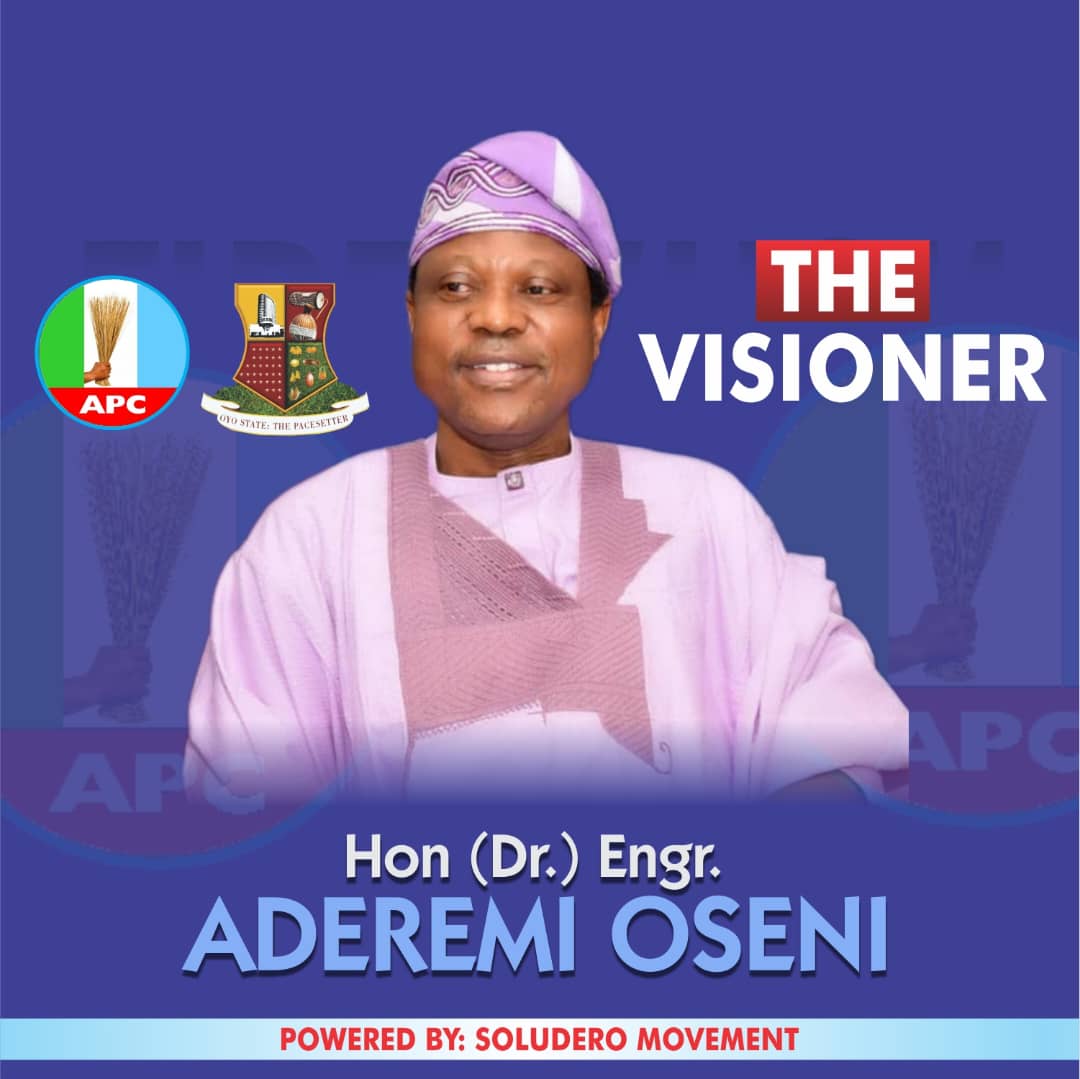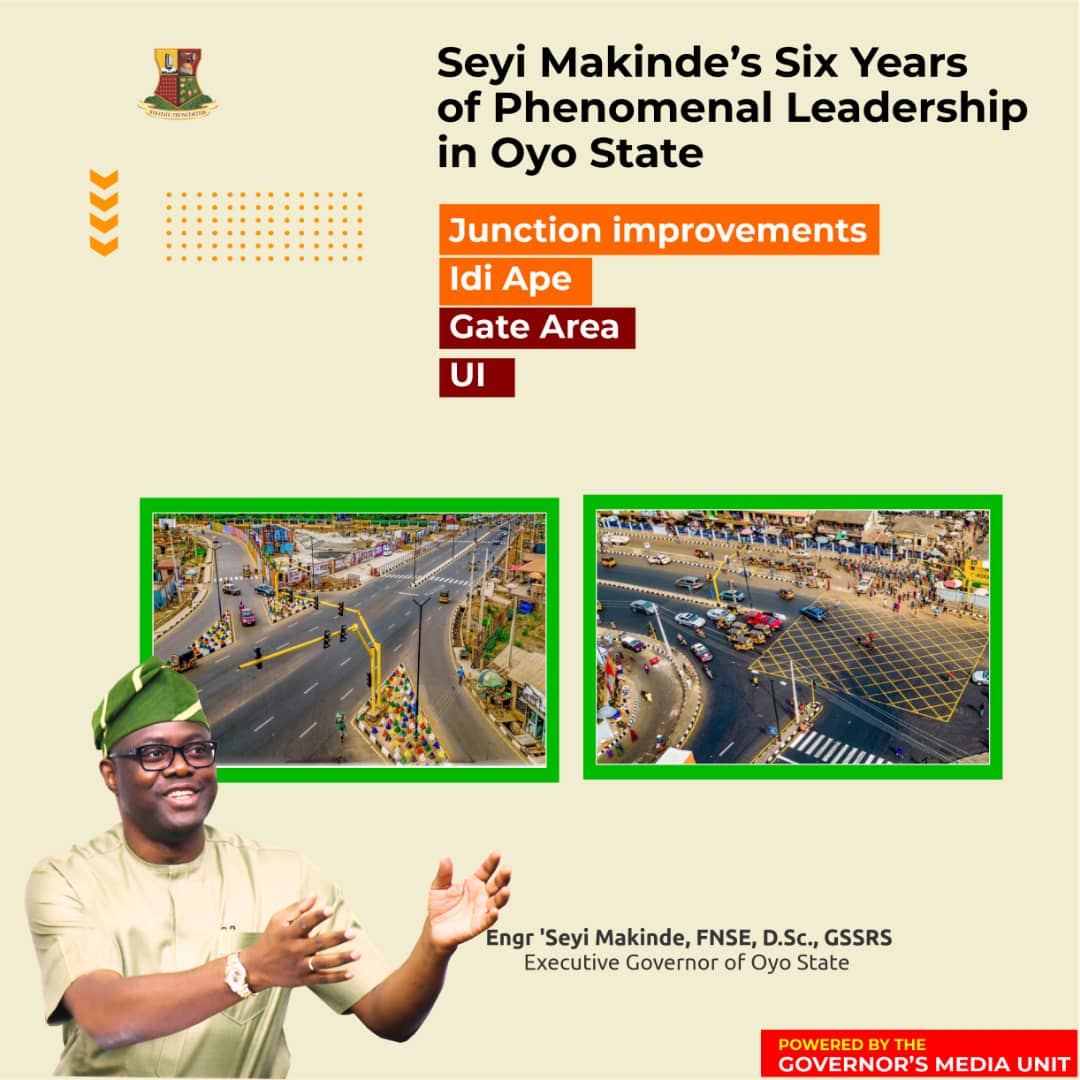In a deepening investigation into alleged financial malfeasance, the Economic and Financial Crimes Commission (EFCC) intensified its probe on Wednesday by interrogating high-ranking officials of the Ministry of Humanitarian Affairs and Poverty Alleviation. Concurrently, the Independent Corrupt Practices and Other Related Offences Commission (ICPC) revealed a staggering recovery of N50 billion from the said ministry.
The retrieved funds, slated for poverty alleviation during the tenure of former Minister Sadiya Umar-Farouq, were on the verge of embezzlement. ICPC’s intervention, led by the former Chairman, Bolaji Owasanoye, successfully blocked attempts to transfer the money into private accounts between July and August 2023. The recovered sum was subsequently deposited into the Central Bank of Nigeria.

An insider disclosed that upon the appointment of the suspended Minister of Humanitarian Affairs, Betta Edu, President Bola Tinubu ordered the Accountant-General of the Federation to refund the money. This refund was designated as part of the Infrastructure Support Fund aimed at mitigating the effects of fuel subsidy removal across the 36 states and the Federal Capital Territory.
Further revelations indicated that the refunded sum is connected to the alleged laundering of N44 billion in the National Social Investment Programme Agency, as well as the N585 million authorized by Edu for disbursement.

In tandem with the ICPC’s actions, EFCC detectives grilled senior civil servants in the Ministry of Humanitarian Affairs on Wednesday. Though specific details of these officials were not disclosed, it was affirmed that they provided useful information aiding the investigation into financial irregularities within the ministry.
The suspended Minister, Betta Edu, is under investigation for authorizing the transfer of N585 million into a private account, while former Minister Sadiya Umar-Farouq faces scrutiny over alleged N37 billion money laundering. Halima Shehu, the suspended National Coordinator and CEO of the National Social Investment Programme, is being questioned for purportedly moving N44 billion NSIP funds into private and corporate accounts without presidential approval.

EFCC sources stated that the investigation also involves senior officials of some banks implicated in alleged money laundering activities.
Despite Edu’s claim that the N585 million payment was intended for vulnerable groups in specific states, the veracity of this assertion is being probed. Meanwhile, the opposition parties, Peoples Democratic Party (PDP) and Labour Party (LP), have urged anti-graft agencies to extend the probe to all ministries, departments, and agencies involved in corrupt practices.
The unfolding revelations shed light on the intricate web of corruption allegations within government institutions, raising concerns about institutional failure and the need for stringent procedural checks. As the investigations unfold, there is a growing call for transparency and accountability to restore public trust in the Nigerian civil service system.

